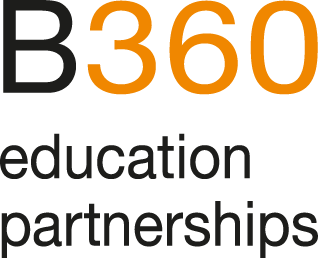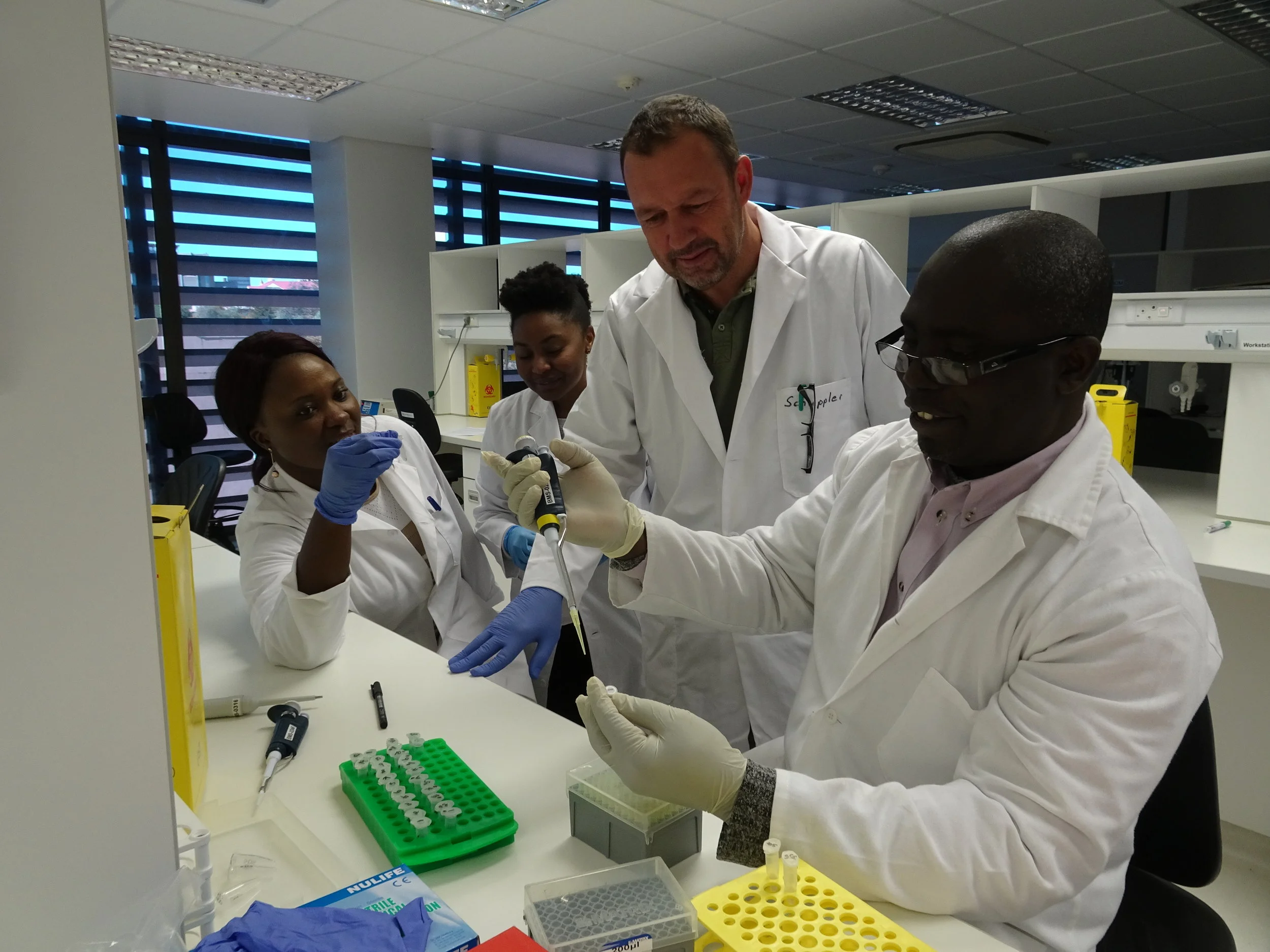Dr. Markus Schuppler
Lecturer in Food Microbiology
Institute of Food, Nutrition and Health, ETH Zürich
Faculty of Health and Applied Sciences
Biomedical Sciences Program
Namibia University of Science and Technology
July 16 - July 27, 2018
Cooperation with university staff
This year, the assignment was very special, because the focus was not on teaching lectures to students of Biomedical Sciences. Instead, the target group was staff members of the Department of Health Sciences. The aim was to develop and establish methods for molecular diagnostics of foodborne and medically relevant pathogens that could be implemented into the Biomedical Sciences and Environmental Health Sciences Programme in the future. During development and implementation of the molecular methods, I appreciated the collaboration and valuable support of the staff members responsible for the preparation of the practical courses in Biomedical Sciences. After establishment of the molecular methods protocols, a practical course was offered to all interested members of the Department of Health Sciences. The course focused on the training of the established methods and teaching of theoretical background, and was attended by various members of the staff, including lecturers of the Biomedical Sciences Programme. In conclusion, the strong support received during the assignment and the cooperation with lecturers and other staff from the Department of Health Sciences was very satisfactory. In particular, the professional attitude and competent support of staff members contributed largely to the success of the assignment.
Cooperation with students
As already mentioned, the assignment did not include the teaching of lectures to students of Biomedical Sciences. Therefore, interaction and cooperation was restricted to individual students, who consulted me for support and advice with respect to their academic education and career.
Impact and win-win
Molecular methods are an integral part of state-of-the-art diagnostics in many fields of modern laboratory medicine. Therefore, the aim of the assignment was the establishment of the respective methods at the Department of Health Sciences by a ‘train the trainer’ approach. The implementation of the molecular methods will have a sustainable impact on the methodological portfolio of the Department of Health Sciences, while succeeding in this effort by providing a valuable contribution was a satisfying experience that I gained from this assignment.
Personal message
The molecular methods established during this assignment will provide the basis for the future implementation of such methods in practical courses on foodborne pathogens that will accompany respective lectures. However, future assignments will demonstrate the sustainability of the molecular methods established during this assignment.




